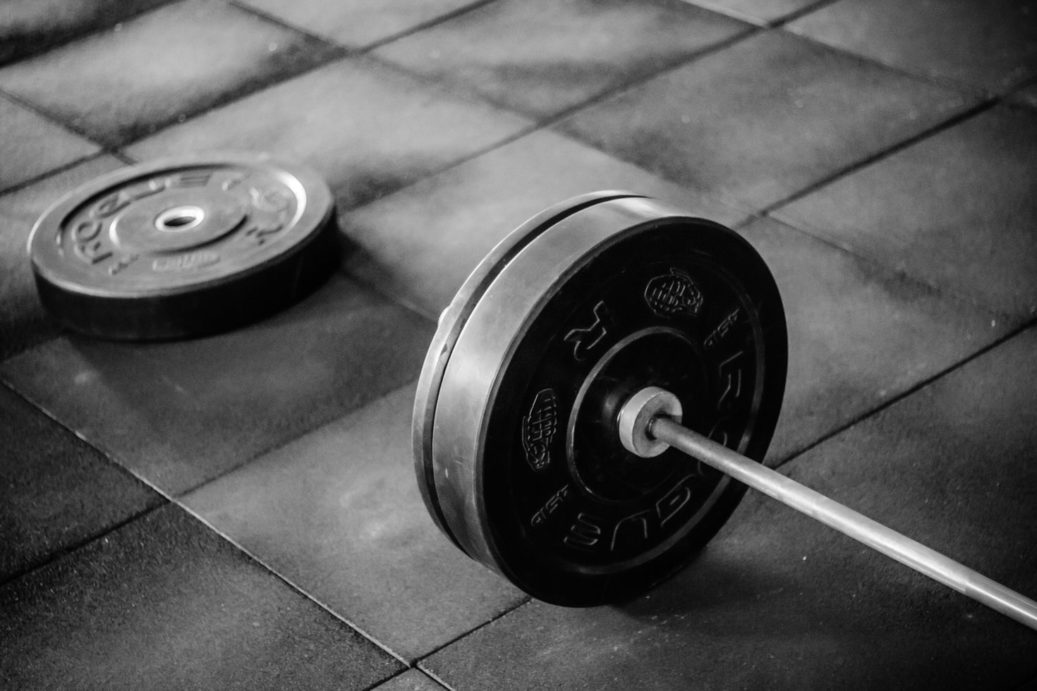God designed us to endure some pretty tough conditions. For example, did you know that Here are some fun facts about the human body can withstand a body temperature of a hundred and eight degrees Fahrenheit? It can also be in cold water at thirty-nine degrees Fahrenheit for a maximum of thirty minutes and be two and a half kilometers above sea level. It also can be in a water depth of seven hundred feet, and without water for approximately one whole week (Thieme Medical Publishers – What can a person survive? The borders of the human body, n.d.).
Although these are extreme scenarios, there naturally is a breaking point for our bodies where damaging effects will occur.
Signs of overtraining
The same applies to physical exercise when we push our bodies too far. This is referred to as ‘overtraining’. Overtraining is defined as “constant intense training that does not provide adequate time for recovery” (Overtraining Definition | What Does Overtraining Mean?, n.d.). Signs of overtraining consist of sore muscles, prolonged recovery, decreased performance, disturbed sleep patterns, loss of appetite, and a decreased risk of fighting off infection (Overtraining Definition | What Does Overtraining Mean?, n.d.). As you can see, overtraining can cause severe health risks to our bodies.
When I first ventured out into physical fitness, I was constantly training. I loved the feeling of getting stronger and seeing the results pay off. However, there came a point when my body started to break down physically. I started to notice that I was getting sore more often, unmotivated to workout, and felt as if I was not progressing the way I should. Without realizing it, I hit what is known as a ‘plateau’.
Plateauing refers to “a sudden and dramatic decrease in the noticeable results of your regular workouts”(Avoiding Training Plateaus – Johnson Fitness and Wellness, n.d., para.2). When I stopped training seven days a week and shifted to four or five times, not only did I notice my body feeling better as a whole, but I started to gain muscle more efficiently. It is imperative that we take breaks from physical fitness and not overwork ourselves.
Mental standpoint
Overtraining can also harm our mental health as well. When we overexert ourselves, “we affect the stress hormone levels, which can cause depression, mental fog, mood changes, a lack of concentration and enthusiasm” (Cronkleton, 2020, para. 13). When I started to see a lack of results from my training, I began to lose the resolve I once had. I became frustrated, which then turned to a lack of interest. When I cut back the number of workouts I was doing in a week, I began to regain that focus and love I had for physical fitness. When we allow ourselves to take breaks from physical fitness, it also allows our minds to reset.
It is important that we take good care of our bodies, and physical fitness is a great tool but it can also be a detriment if not done properly. 1 Corinthians 6:19 says “don’t you realize that your body is the temple of the Holy Spirit, who lives in you and was given to you by God? You do not belong to yourself”. Let’s be in tune with our bodies and allow for adequate rest and times spent with Jesus. Exodus 20:8-10 says “remember to observe the Sabbath day by keeping it holy. You have six days each week for your ordinary work, but the seventh day is a Sabbath day of rest dedicated to the Lord your God”.
About


